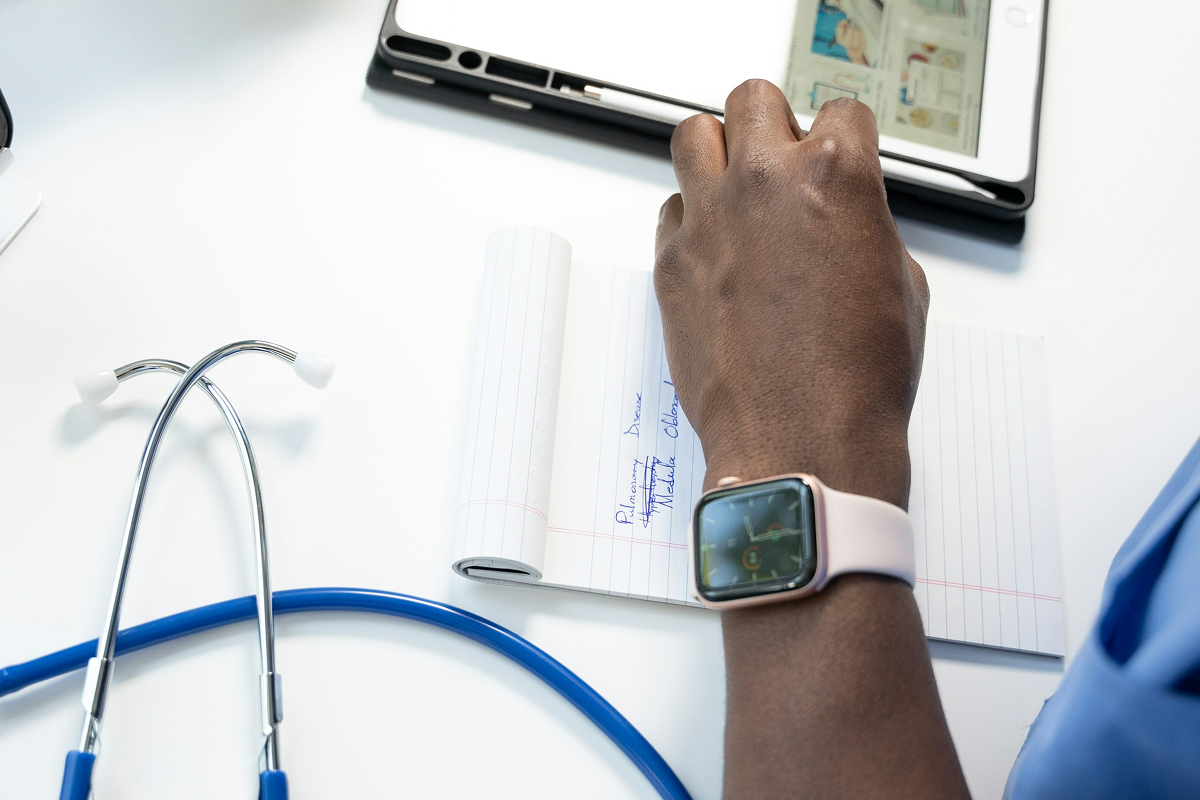
Time Theft in Healthcare: A Critical Challenge
Time theft is a critical yet often overlooked issue in the medical industry, with systemic inefficiencies dramatically impacting healthcare delivery and professional well-being. In a field where every moment can be life-changing, the consequences of lost time and physician burnout deserve our attention and support.
Recent research illuminates the staggering scale of this challenge. A study published in JAMA Internal Medicine revealed that physicians spend nearly 50% of their workday—approximately 4.5 hours—on electronic health records (EHRs) and administrative tasks. The American Medical Association (AMA) confirms this troubling statistic, highlighting how these non-clinical duties consume an enormous portion of medical professionals' time.
The National Institute of Health (NIH) reports similar challenges for nurses, with 35% of their work time dedicated to documentation rather than direct patient interactions. This systematic time diversion creates several important considerations:
- Patient care requires focused attention, and administrative tasks can detract from the meaningful interactions healthcare providers value most.
- Professional well-being is closely tied to job satisfaction. A 2023 survey by the National Academy of Medicine found that 63% of physicians and 56% of nurses report burnout symptoms, underscoring the need for supportive workplace solutions.
- Healthcare professionals are compassionate individuals who entered their field to make a difference. Supporting them means understanding the challenges they face daily.
Recognizing time theft is an opportunity to reimagine how we support our healthcare providers. By developing more efficient systems, reducing administrative burdens, and prioritizing the human element of healthcare, we can create environments where medical professionals can thrive and provide the highest quality of care.
The goal is not to criticize but to collaborate—to find innovative ways that allow healthcare providers to focus on what they do best: caring for patients and making a meaningful difference in people's lives.
Share this article
